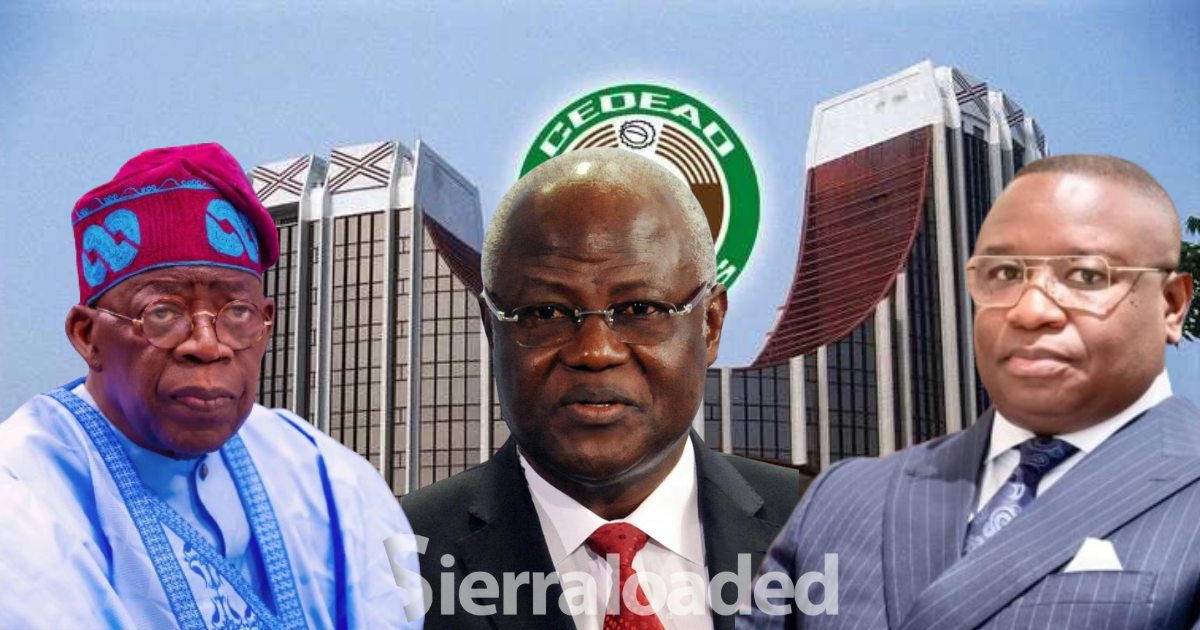The intervention by ECOWAS in the legal imbroglio that has arisen in Sierra Leone as a result of the fall-out from the security breach of late November, which resulted in the death of several security personnel, has raised serious questions about the link between regional cooperation and the sovereign national interests of member states.
In exercising their constitutionally approved role, the Sierra Leonean police authorities claim to have unearthed incontrovertible evidence of conspiratorial communication between former president Ernest Bai Koromah and some of those arrested for their participation in the unsuccessful insurrection. As a consequence of this finding by the investigating authorities, the sitting government of Sierra Leone is mandated by the domestic legal system of the country to have all such evidence scrutinised and its veracity assessed by the courts regardless of the stature or privileged position of the accused.
ECOWAS should encourage each sovereign nation member to uphold the rule of law within its borders and not to promote or support privileged exceptions to that principle. Unfortunately, the letter signed by ECOWAS President Omar Alieu Touray and dispatched to Sierra Leonean President Julius Maada Bio asserting that the Nigerian president had offered temporary asylum to ex-President Koromah lent itself to the interpretation of being in support of privileged exception to the principle of sovereign decision-making in the pursuit of such investigations.
It would be wrong, however, to assume that the diplomatic embarrassment arising from the rejection of the offer by the Government of Sierra Leone is in any way a manifestation of that country’s rejection of the authority and relevance of the sub-regional body.
Historically, Sierra Leoneans have been among the most successful beneficiaries of cooperative initiatives generated by ECOWAS and its contemporary relevance to that nation is symbolised by the fact that the country’s two representatives on the Council of the Wise, an ECOWAS advisory committee, Ambassadors Alarie Cole and Joe Blell, are available for corrective consultation between the government and the sub-regional body.
The decision of the ECOWAS president to suggest temporary asylum for the ex-president could be seen to emanate from a wish to avoid public disorder and dissent in Sierra Leone while the government’s stance might be regarded as being justified by its wish to discourage the undemocratic seizure of power. This latter motivation should be the hallmark of ECOWAS’s objectives. It should form the foundation of subsequent consultations between itself and the Sierra Leonean authorities, especially when the results of the investigations are deliberated upon by the country’s justice system.
The pursuit of this process will help to standardize collaboration between sovereign governments and the ECOWAS Authority as subsequent opportunities arise and prevent the provocation of diplomatic disagreements like the recent one. That should be the major objective in all deliberations between member states and ECOWAS.




 7 Comments
7 Comments









Comment(s)
Disclaimer: Comments expressed here do not reflect the opinions of Sierraloaded or any employee thereof.